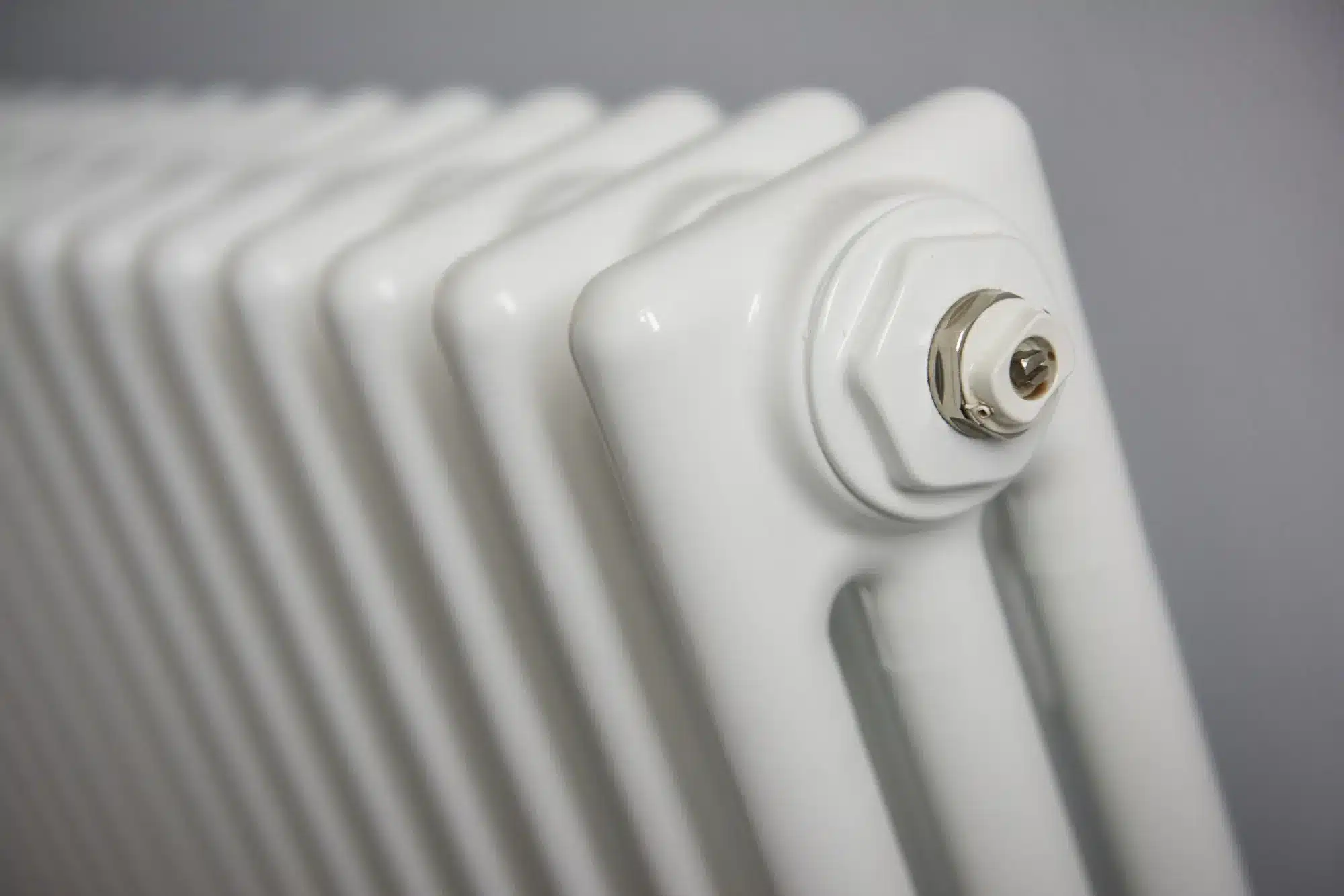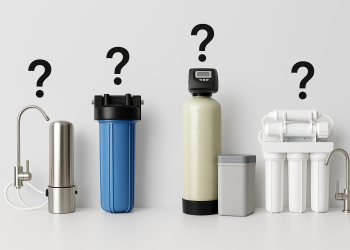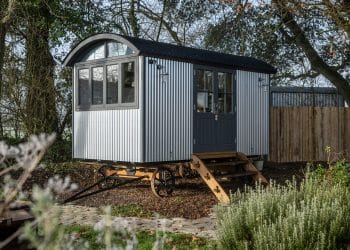Table of Contents

Caring for your boiler will ensure it stays efficient and in working order when you need it. Here are some tips to effectively do so.
1. Schedule Annual Service Appointments
Even when your boiler seems to be functioning well, annual service appointments should never be overlooked. Service of this type involves having a Gas Safe registered technician come to inspect your equipment and make certain that all components are operating in a safe and efficient manner.
Having this type of routine service performed will help you spot problems early on so that they do not escalate into more costly issues suggest https://corgihomeplan.co.uk/. Appointments of this type cost very little in comparison to an unexpected major repair or replacement job.
2. Operate Your Heating System Periodically
Keeping your boiler in great shapes requires you to turn the system on at least monthly on a year-round basis, just to make sure that things are working as they should. Doing so also works to keep the boiler pump free of grit that can accumulate when it sits idle.
Running your heating system from up to 15 minutes on a regular basis all year long keeps all of the mechansism’s parts operating smoothly and reduces the likelihood of a malfunction.
3. Verify Boiler Pressure
Make it a point to look at the pressure gauge on the boiler on a regular basis to determine whether a top-up is needed. You should look for a reading that ranges between one and two bars. If anything less than a single bar is noted, the boiler likely needs to be re-pressurized.
4. Conduct A Radiator Bleed
Always take steps to ensure that your radiators are operating correctly. If you notice cold spots, there could be air trapped within them. As such, you ought to bleed all radiators in advance of cold weather so that the heating system is ready and working when your need will be greatest.
5. Verify Radiator Balance
Have you noticed that the radiators located far away from the boiler are colder than the ones that sit closer to it? If so, a balancing process may be in order. This requires more than a simple bleed of the radiators, and it might be necessary to engage the services of a Gas Safe engineer to help with this.
Balancing radiators involves making key adjustments to the equipment so that heated water is equally distributed to all of the radiators in the house.
6. Preventing Blockages
Proper ventilation is critical to boiler operations, so always take care to ensure that no clutter is surrounding yours. Never cover a gas boiler or allow air vents to be blocked. Outside flues must also have free air flow at all times.
7. Check For The Blue Flame
If you have a boiler on which the flame is in a visible location, take a look to verify that the color is a strong blue. Flames that are yellow or orange are a sign of trouble, and if noticed, a Gas Safe registered engineer should be contacted immediately.
8. Prevent Freezing Of Condensate Pipes
As external temperatures drop lower than zero, it becomes possible for the condensate pipe to freeze, potentially resulting in a dangerous blockage and boiler malfunction. Luckily, there are some useful tips for stopping this type of development.
If your condensate pipe lacks insulation, use some old towels or some commercial foam insulation to wrap it. You can also turn the boiler’s thermostat higher to halt condensation from developing.
9. Have A Carbon Monoxide Alarm Installed
A great way to guard against potentially deadly poisoning from carbon monoxide is to have an audible detector and alarm installed in the home. If carbon monoxide is present, you will be informed immediately. These are very affordable and are easily obtainable at DIY home improvement outlets.
Keep the detector situated no less than a meter from the boiler itself, trying to keep it in the same room, and you will know right away of carbon monoxide is being produced.







